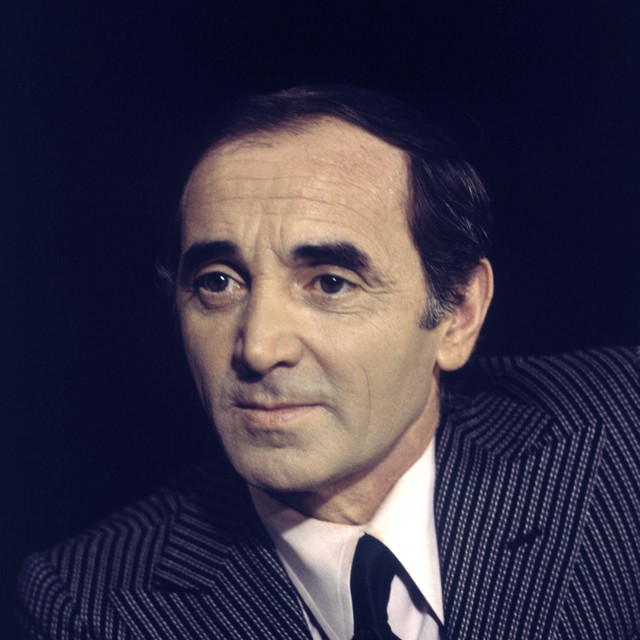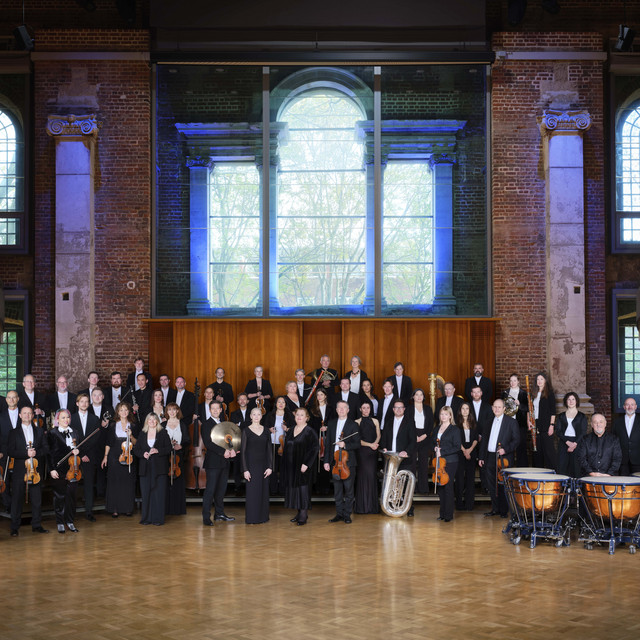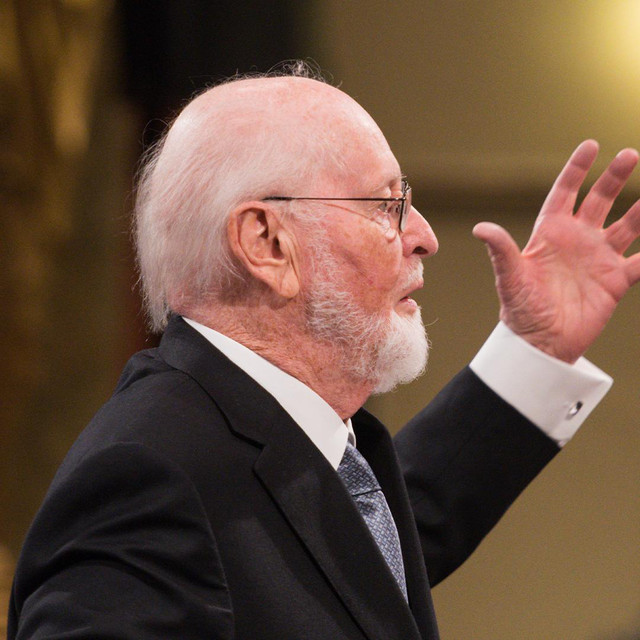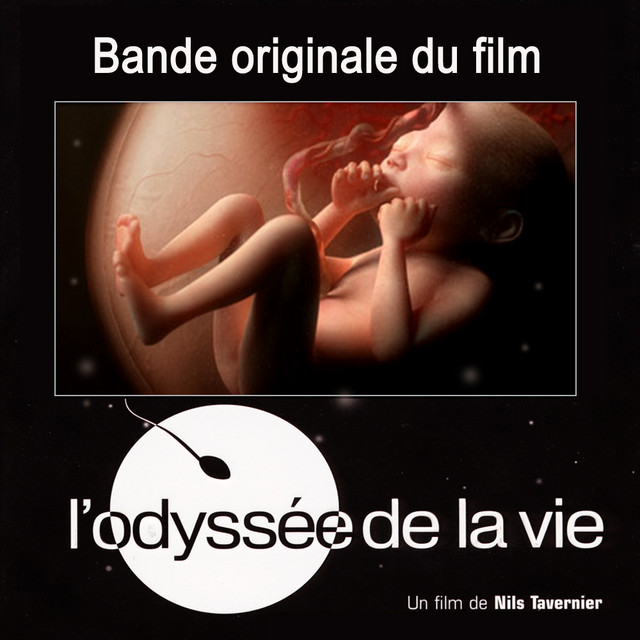MusicXML scores for saxophone by Josquin des Prez
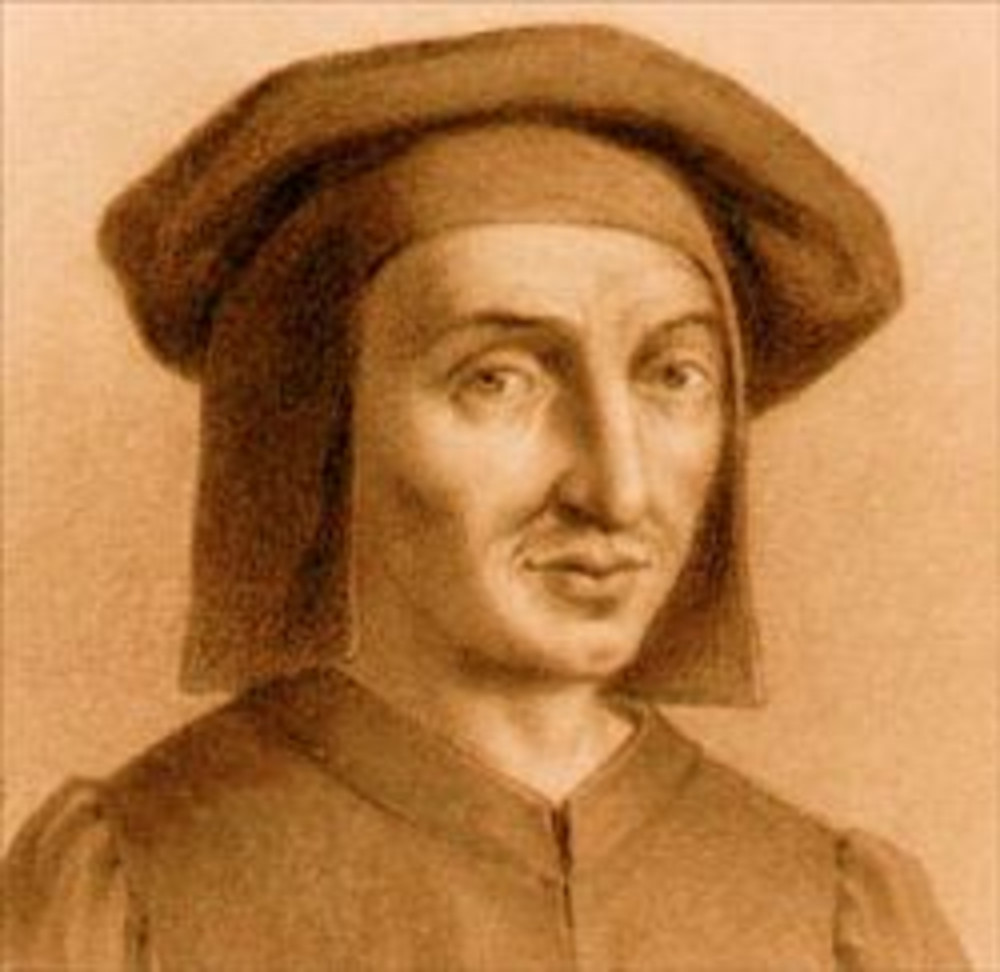
Josquin Lebloitte dit des Prez (c. 1450–1455 – 27 August 1521) was a composer of High Renaissance music, who is variously described as French or Franco-Flemish. Considered one of the greatest composers of the Renaissance, he was a central figure of the Franco-Flemish School and had a profound influence on the music of 16th-century Europe. Building on the work of his predecessors Guillaume Du Fay and Johannes Ockeghem, he developed a complex style of expressive—and often imitative—movement between independent voices (polyphony) which informs much of his work. He further emphasized the relationship between text and music, and departed from the early Renaissance tendency towards lengthy melismatic lines on a single syllable, preferring to use shorter, repeated motifs between voices. Josquin was a singer, and his compositions are mainly vocal. They include masses, motets and secular chansons.
Josquin's biography has been continually revised by modern scholarship, and remains highly uncertain. Little is known of his early years; he was born in the French-speaking area of Flanders, and he may have been an altar boy and have been educated at the Cambrai Cathedral, or taught by Ockeghem. By 1477 he was in the choir of René of Anjou and then probably served under Louis XI of France. Now a wealthy man, in the 1480s Josquin traveled Italy with the Cardinal Ascanio Sforza, may have worked in Vienna for the Hungarian king Matthias Corvinus, and wrote the motet Ave Maria ... Virgo serena, and the popular chansons Adieu mes amours and Que vous ma dame. He served Pope Innocent VIII and Pope Alexander VI in Rome, Louis XII in France, and Ercole I d'Este in Ferrara. Many of his works were printed and published by Ottaviano Petrucci in the early 16th century, including the Missa Hercules Dux Ferrariae. In his final years in Condé, Josquin produced some of his most admired works, including the masses Missa de Beata Virgine and Missa Pange lingua; the motets Benedicta es, Inviolata, Pater noster–Ave Maria and Praeter rerum seriem; and the chansons Mille regretz, Nimphes, nappés and Plus nulz regretz.
Influential both during and after his lifetime, Josquin has been described as the first Western composer to retain posthumous fame. His music was widely performed and imitated in 16th-century Europe, and was highly praised by Martin Luther and the music theorists Heinrich Glarean and Gioseffo Zarlino. In the Baroque era, Josquin's reputation became overshadowed by the Italian composer Giovanni Pierluigi da Palestrina, though he was still studied by some theorists and music historians. During the 20th-century early music revival, publications by August Wilhelm Ambros, Albert Smijers, Helmuth Osthoff and Edward Lowinsky, and a successful academic conference, caused his reevaluation as a central figure in Renaissance music. This has led to controversy over whether he has been unrealistically elevated over his contemporaries, particularly in light of over a hundred attributions now considered dubious. He continues to draw interest in the 21st century and his music is frequently recorded, central in the repertoire of early music vocal ensembles, and the subject of continuing scholarship. He was celebrated worldwide on the 500th anniversary of his death in 2021.
Select one of the Josquin des Prez track and play this music score in musicXML, PDF, or online with tablature, fingering charts or simply from a traditional music sheet format.
Our musicXML database is quite huge. That's why it could be sometimes a bit complicated to find the song you are looking for. But with this advanced search form, you can jump deeper in our database quite easily. Make yourself at home, find your music score and play that sheet!


